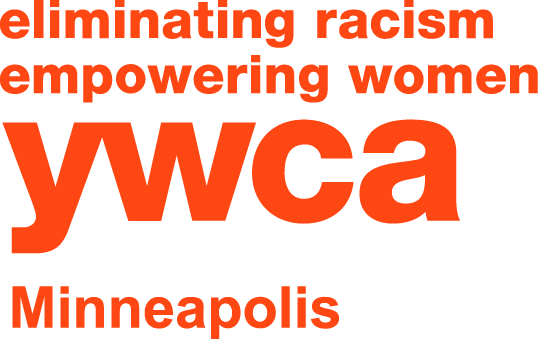Electoral Justice: Paving a Path Toward Fair and Free Elections
2020 is just around the corner, literally 62 days left – YIKES! As we all start thinking about what the new year will bring, let’s not forget that from a civic engagement perspective, it will be a critical year for all of us to be aware and engaged. Yes, we will be electing a president, but the 2020 elections are much more than that. Many more elections will be taking place at the local and state levels.
Fair and Free Elections
Elections should be fair and free for everyone, right? With that said, let’s also recognize that not everyone votes. In fact in the 2018 Midterm Elections, only 50.3 percent of eligible Americans actually voted. There are many, many people who do not vote simply because our system is set up to suppress these voters – and unfortunately, most tend to be people experiencing poverty and people of color. Voter suppression refers to a variety of tactics aimed at lowering or suppressing the number of voters who might otherwise vote in a particular election (Ballotpedia).It is estimated that more than 1 million African American votes were lost or stolen in the 2000 presidential election according to the U.S. Commission on Civil Rights.
What voter suppression may look like:
- Voter caging and purging
- Phone jamming
- False information regarding date, time or polling location intended to prevent voters from voting
- Intimidation of voters
- Insufficient or unequal resources devoted to election administration
- Legislation that creates clerical burdens, making it more difficult to register and vote
Electoral Justice
Voter suppression is real. How do we fix it? Let’s focus on electoral justice.The International Institute for Democracy and Electoral Assistance defines electoral justice as the [intentional] inclusion of resources and the mechanisms available to communities for ensuring that each action, procedure and decision related to the electoral process complies with the legal framework; protecting or restoring electoral rights for those who have a right to vote; and giving people who believe their electoral rights have been violated the ability to file a challenge, have their case heard and receive a ruling.
What Can We Do?
What can we do to make sure that everyone, and we mean, EVERYONE who is eligible to vote, can vote?
-
- Talk to our neighbors and communities about caucuses, primaries, election dates, polling places and registration.
- Spread the word that same-day registration is available in the state of Minnesota.
- Call our legislators to oppose restrictive gerrymandering and voter ID practices, and to support voting rights for those who have been incarcerated.
- Participate in the census! 2020 census numbers are used to create (or eliminate) electoral districts at all levels. An accurate count will create an accurate electoral field for voting.
- Attend an upcoming YWCA event: It’s Time to Act!TM – Beyond the Ballot: Advancing Electoral Justice and Caucuses, Primaries, Elections – Oh My!
Overall, electoral justice is society’s best guarantee for protecting our political rights and strengthening our democracy. Remember, voting is a right, not a privilege.Learn More about YWCA Racial Justice and Public Policy
